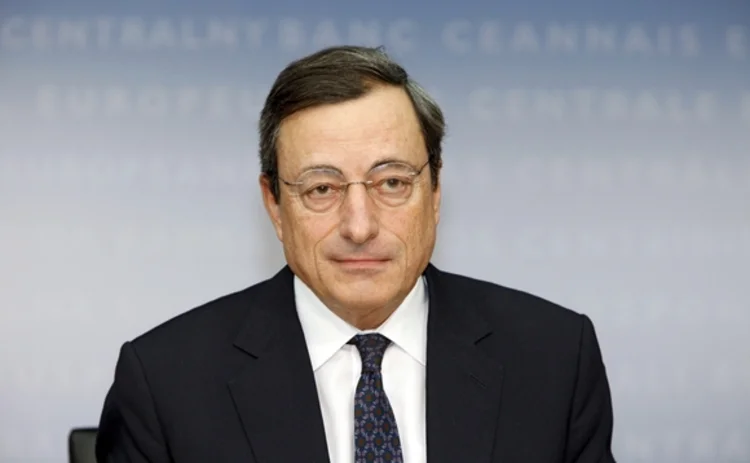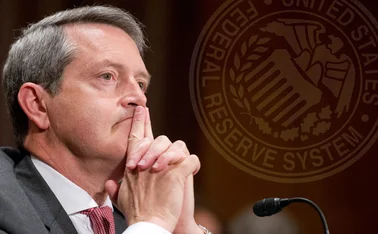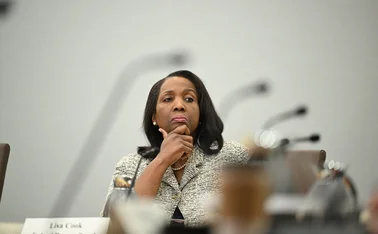
ECB largely supports Commission’s proposals for ESRB
ECB president would become ex officio head of systemic risk body

The European Central Bank says in an official opinion, dated March 2, that it is largely in favour of proposals aimed at changing the governance of the European Systemic Risk Board, an organisation to which it is very closely linked.
The European Commission’s proposals, published on November 27, 2017, would make the ECB president the permanent head of the ESRB, which monitors systemic financial risk in the entire European Union, including non-eurozone countries. They would also strengthen the
Only users who have a paid subscription or are part of a corporate subscription are able to print or copy content.
To access these options, along with all other subscription benefits, please contact info@centralbanking.com or view our subscription options here: www.centralbanking.com/subscriptions
You are currently unable to print this content. Please contact info@centralbanking.com to find out more.
You are currently unable to copy this content. Please contact info@centralbanking.com to find out more.
Copyright Infopro Digital Limited. All rights reserved.
As outlined in our terms and conditions, https://www.infopro-digital.com/terms-and-conditions/subscriptions/ (point 2.4), printing is limited to a single copy.
If you would like to purchase additional rights please email info@centralbanking.com
Copyright Infopro Digital Limited. All rights reserved.
You may share this content using our article tools. As outlined in our terms and conditions, https://www.infopro-digital.com/terms-and-conditions/subscriptions/ (clause 2.4), an Authorised User may only make one copy of the materials for their own personal use. You must also comply with the restrictions in clause 2.5.
If you would like to purchase additional rights please email info@centralbanking.com







